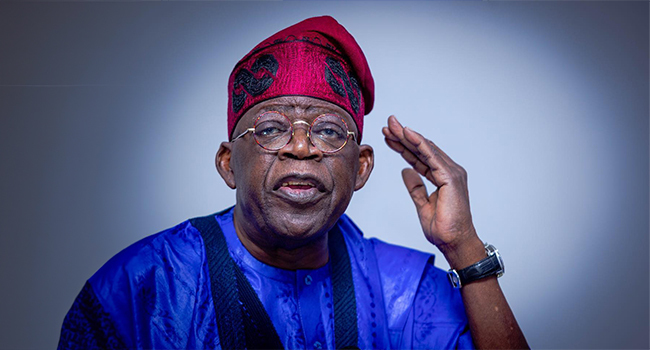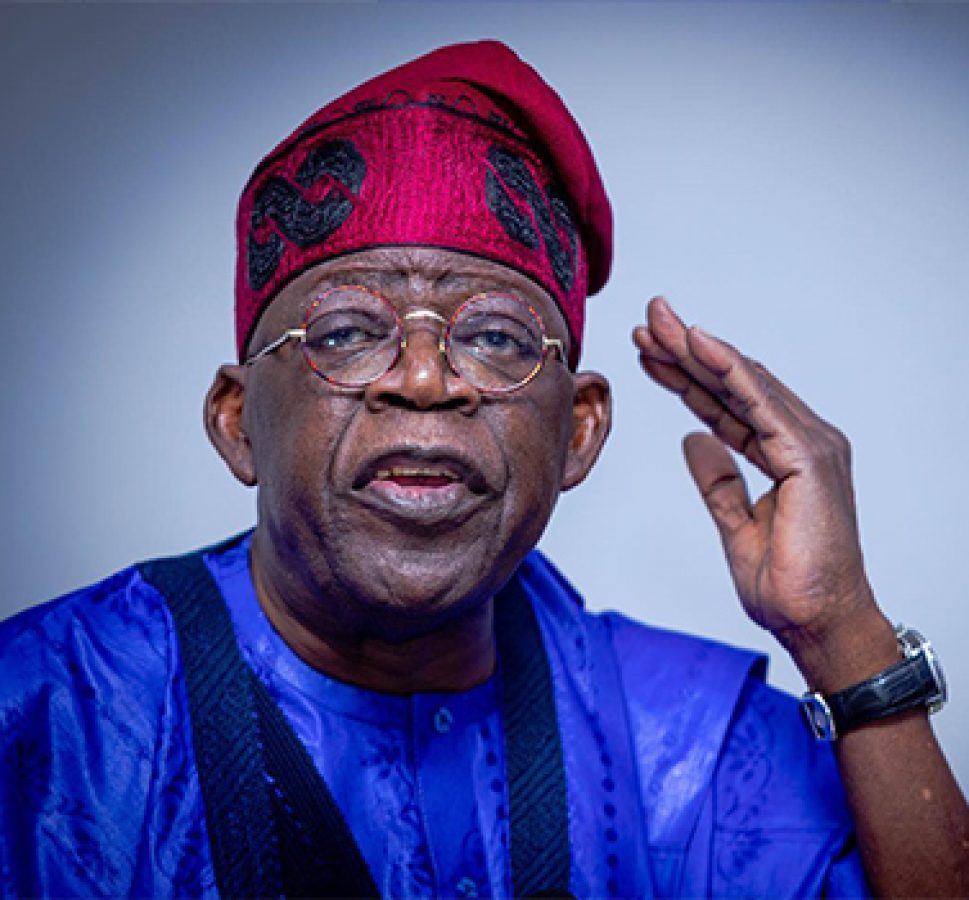
Nigeria has imposed a mandatory annual levy for organisations employing expatriate workers, requiring them to pay $15,000 (£12,000) for a director and $10,000 for other categories.
The move is meant to encourage foreign companies to employ more Nigerian workers.
Staff of diplomatic missions and government officials are exempt.
President Bola Tinubu has warned that the levy should not be used to frustrate potential investors.
He spoke while launching the Expatriate Employment Levy (EEL) handbook on Tuesday, adding that the government was expecting to improve revenue and indigenisation.
He said that its aim was to balance employment opportunities between Nigerians and expatriates.
“The goal is to close wage gaps between expatriates and the Nigerian labour force while increasing employment opportunities for qualified Nigerians in foreign companies in the country,” he said.
He said he expected the implementation of the programme to be clear to achieve its objectives.
There are more than 150,000 expatriates in Nigeria, according to local media citing data from the interior ministry.
They mostly work in the oil and gas, construction, telecommunication and hospitality sectors.
The move comes as Nigeria is experiencing its worst economic crisis in a generation, which has led to widespread hardship and anger in recent months.
Labour unions and government workers on Tuesday held demonstrations to protest against economic hardships.
Mr Tinubu acknowledged that Nigerians were going through a difficult period.
He said efforts were being made to improve the country’s finances and grow the economy.
The levy applies to employees who work for at least 183 days in a year.
The scheme imposes fines of up three years and jail terms of up to five years for a person or organisations that do not comply, including failure to provide accurate information.
The Nigerian Immigration Service will be responsible for enforcing the levy.
Local media quoted Interior Minister Olubunmi Tunji-Oj as saying that it would be operated on a public-private partnership model between the government, the immigration service and a private firm.






